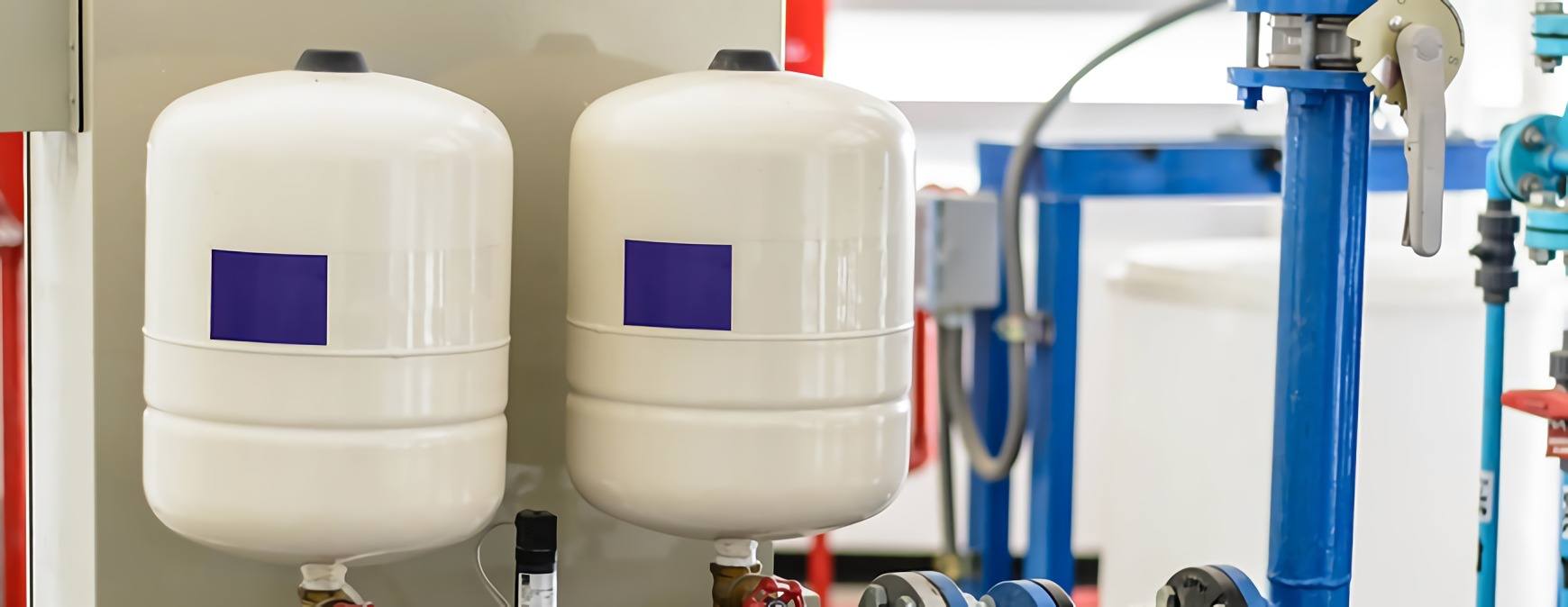
Many refrigerants contain substances that damage the ozone layer or contribute to global warming. The Clean Air Act requires the Environmental Protection Agency to keep the environment free from certain pollutants like refrigerant. These rules shape the HVAC/R industry, so it’s important for technicians to keep track of them and other relevant trends to ensure they’re abiding by the law. 2017 may bring changes to those working with refrigerants.
R22 Phase Out
The United States has been phasing out the use of R22 since 2010, when the import and production of the refrigerant for use in new units was banned. Technicians may still use R22 to service and repair existing systems until January 1, 2020. After this date, recycling and reclamation will be the only sources of R22 other than suppliers who have stockpiled the refrigerant.
Even though R22 can still be used in existing equipment for a few more years, supplies are shrinking and prices skyrocketing. This will continue through 2017. 1 Recovery, reclamation, and replacement are technicians’ three options for dealing with the R22 phase out. Companies are frequently putting R22 replacement refrigerants on the market. Keeping track of these new products can help technicians choose the best options for their businesses.
HFC Phase Down
Refrigerants containing hydrofluorocarbons (HFCs) replaced those with ozone-depleting cholorofluorocarbons. Unfortunately, HFCs are also harmful to the environment because they trap heat in the atmosphere. This causes global warming. In an effort to slow down the pace of global warming, the government is phasing down the use of HFCs.
In October 2016, representatives for more than 170 countries agreed to amend the Montreal Protocol, the 1987 legislation to ban coolants that damaged the ozone layer. The Kigali Amendment outlines three tracks for the world’s countries to reduce the use of HFCs. 2 The United States and other developed countries have agreed to stop producing HFCs in 2018 and decrease their use by 10 percent in 2019 and 85 percent in 2036. China, South America, Africa, and many less developed nations will cap HFC production in 2024 and start reducing their use by 2029. Hotter countries, such as Iran, Iraq, and India, plan to halt HFC production in 2028 and lower usage by 2032. 3
Get Started on the Path to a New Career
Fill out our form to learn how we can help you change your life.
New rules and regulations will likely accompany the HFC phase down. Already last September the EPA announced new rules for HFCs. These include banning those with high global warming potential, approving replacement refrigerants, and prohibiting the release of HFC and HFC-blend refrigerants into the atmosphere when technicians are disposing of or servicing units. It’s important for technicians to know the new HFC laws to avoid fines and penalties. However, the industry faces a lot of uncertainty as the current administration and head of the EPA are vocal climate change skeptics.
Natural Refrigerants
With the phase out of R22 and the phase down of HFCs, the industry can choose from newly formulated refrigerant replacements and natural refrigerants. Natural refrigerants are substances that aren’t synthetically manufactured. Another common element, ammonia, can be mixed with water to create a refrigerant. Ammonia is often used in commercial refrigeration and could be an R-22 alternative in the future.
Why Track Refrigerant Trends?
Tracking trends is especially important for people who work in the refrigeration industry because it can ensure they’re following new rules and regulations. Even if you’re still in refrigeration training, staying informed of new or changing laws could prove beneficial. Oftentimes, it can be months or years before a law takes effect. By the time you graduate, some of the rules governing your field might be different.
Additional Sources
1 – http://www.achrnews.com/articles/134551-expect-another-dynamic-year-for-hvac-refrigerants
2 – https://www.nytimes.com/2016/10/15/world/africa/kigali-deal-hfc-air-conditioners.html
3 – https://www.scientificamerican.com/article/world-leaders-agree-to-phase-out-heat-trapping-hydrofluorocarbons/
This blog has been labeled as archived as it may no longer contain the most up-to-date data. For a list of all current blog posts, please visit our blog homepage at https://www.rsi.edu/blog/

